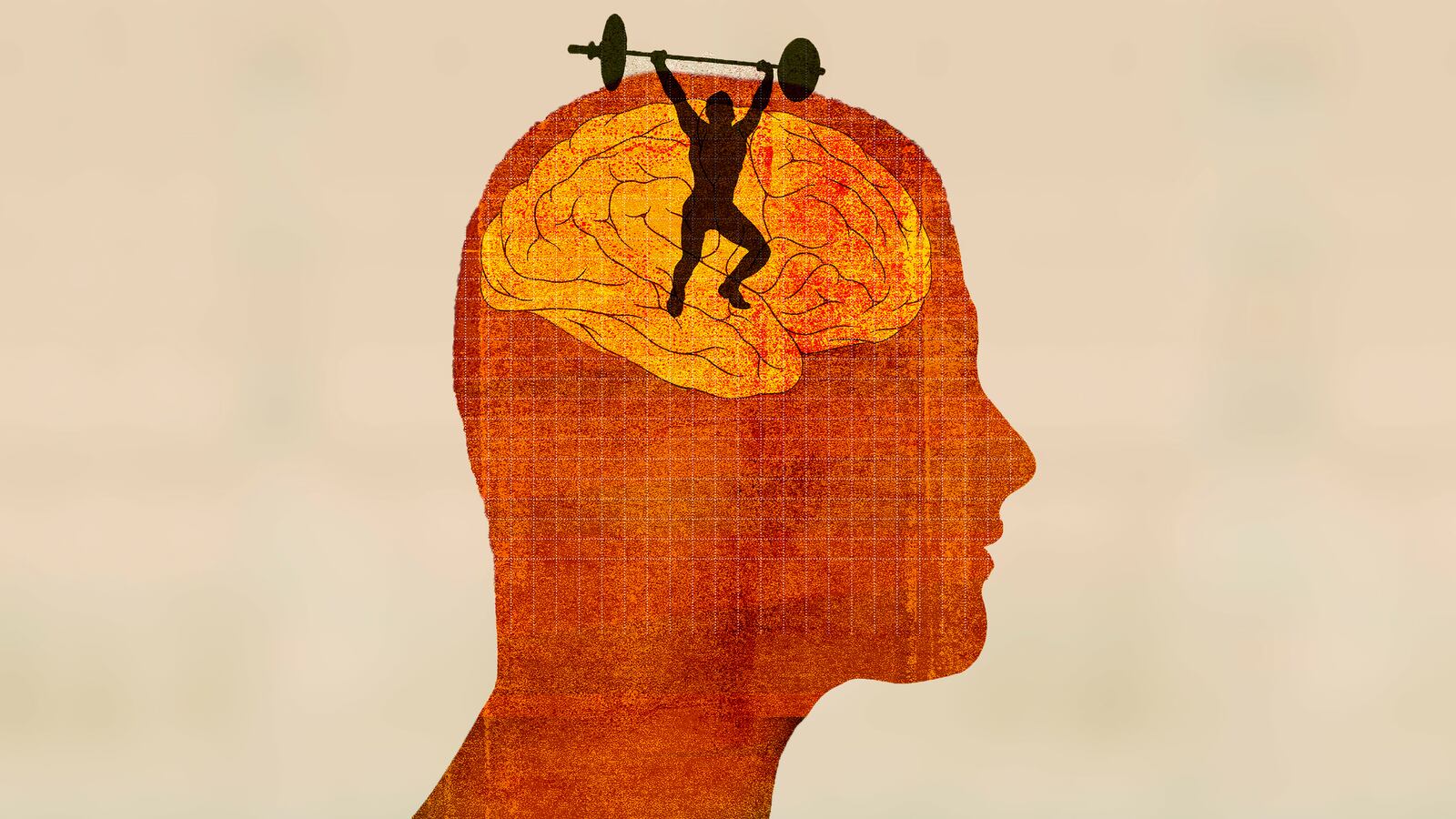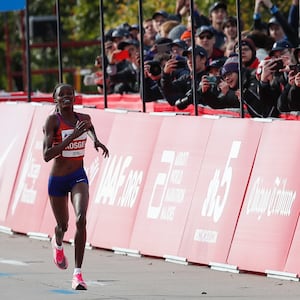For millennia, athletes have been pushing the bounds of what we think is possible, honing their bodies to become faster and stronger, and to perform for longer periods of time. Historically, endurance was thought of, and measured as, something purely physical—but for the past century, researchers have also sought to understand how an athlete's mental state can play a crucial role in their performance.
The study of the mind-body aspect of endurance started in the late 19th century, when an Italian physiologist named Angelo Mosso conducted his research on muscular fatigue. Mosso was instrumental in figuring out that muscle fatigue was caused by a buildup of “toxic substances” that accumulated in the body after exertion and prevented the muscle from contracting efficiently—a phenomenon we understand today as the lactate threshold. But Mosso, in his seminal work La Fatica (or Fatigue), postulated that muscular fatigue was volitional as well—in other words, influenced by a person's will or mental state.
Mosso revealed in La Fatica that, in his own experience as an alpine climber, his physical performance during a climb decreased after too many hours of intense mental concentration. To test his theory, Mosso performed a fatigue test on two fellow lecturers, noting that after six hours of lectures and oral exams, they showed a decrease in muscular contractions and muscular force. When Mosso presented his findings at the first International Conference of Physiologists in Basel, Switzerland, he forever changed how the world understood athletic endurance.
Since then, research has shown time and again that physical endurance and cognition are inextricably linked. More than 100 years later, in 2005, the journal Perceptual and Motor Skills published a study that showed a positive, “significant” correlation between participant scores for overall mental toughness and time that a weight could be held suspended. In February 2018, a study in the journal PLOS One showed that endurance athletes were more likely to score highly on something called the Sports Mental Toughness Questionnaire, or SMTQ.
Research clearly shows that a strong mental fortitude impacts physical performance—but it's also found that the reverse is true, too. In 2009, researchers from Bangor University conducted a study where they asked participants to perform a cycling exercise after 90 minutes of a demanding cognitive task. Their research, later published in the Journal of Applied Physiology, showed that the mentally fatigued subjects had a harder time with the cycling activity and tapped out earlier than did participants from the control group without mental fatigue. Participants with mental fatigue could only cycle for an average of 640 seconds, while non-mentally-fatigued participants could cycle for an average of 754.
But what exactly does it mean for an athlete to be “mentally strong”? And, more importantly, how can an athlete improve his or her mental strength?
Some experts are now trying to find out. In a 2003 study published in the journal Sport Psychologist, researchers had participants undergo an intensive mental skills training regimen prior to competing in a triathlon. For four days, the athletes completed a battery of skills tests designed to increase their mental fortitude, including relaxation, positive self-talk, setting long- and short-term goals, and using guided imagery. The idea was that the more participants could calm themselves, focus, and visualize their success, the better they'd perform—and at a higher level of energy.
Not surprisingly, this training paid off. Participants who completed the regimen, the study showed, performed with “maximal or near maximal energy” during the triathlon.
Athletes who want to improve their physical endurance have been known to use interval training to quickly increase their VO2 max. But if a century of science is any indication, in addition to training their muscles, they'd also do well to train their brains.


